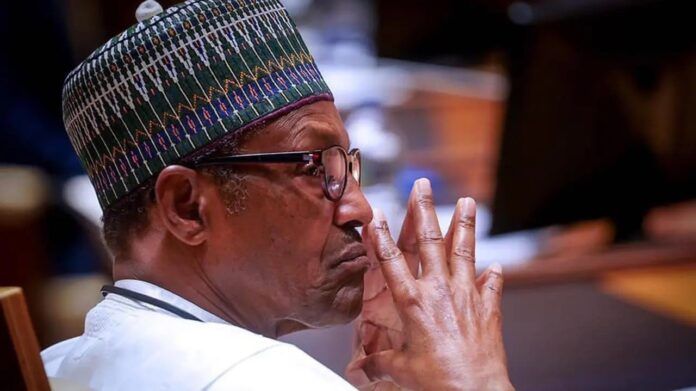“FG better placed collaborating with private sector to bridge infrastructure deficit”
A leading investment banking firm, Afrinvest, has said that the Federal Government of Nigeria (FGN) is better placed collaborating with the private sector to bridge infrastructure deficit.
Public-Private Partnership, in the recent time, has been adopted and adjudge a better model for financing government projects.
Experts believe that PPP would help reflate the performance of the economy due to increase productivity from the private sector due to increase business activities.
“The structure of Nigerian economy is such that government remains the major spender in the economy.
“As such, government can use forces of demand and supply to reflate the performance of the economy.
“FG is doing that with its infrastructure program, there is demand. However, government must be willing to allow private sector to fill the supply side”, Consultants at LSintelligence said in an email.
“PPP model has to be adopted and that is how a serious government gets the economy to work.
“All that government needs to do is to set processes and procedures that emphasis results”, LSintelligence added.
Reacting to S&P Rating recent downgrade as well as $22.8 billion debt proposal recently approved by the National Assembly, Afrinvest said weak revenues and unsustainable debt would leave the economy uncompetitive.
Just three months after Moody’s and Fitch downgraded Nigeria’s sovereign ratings outlook to negative, S&P Global finally took the same action.
The rating agency affirmed the ‘B/B’ long- and short-term sovereign credit ratings on Nigeria.
It would be recalled that the rating agency cited risks from further foreign exchange (FX) pressures amid declining FX reserves, weak economic growth and rising government debt.
Afrinvest said the ratings downgrade is unsurprising given the material deterioration in Nigeria’s external position throughout 2019.
“This is expected to worsen in 2020, in part due to slowing global demand for commodities in the wake of the outbreak of ‘Coronavirus’ (COVID-19)”, analysts at the firm remarked.
External reserves at $36.2 billon only provides 7.8 months of goods import cover from 8.8 months a year ago while Brent crude price has sharply moderated to $49.9 barrel per litre, the lowest since 2017.
Afrinvest revealed that weaker oil prices and the flight of foreign capital to safer havens means there is poor prospect for reserves accretion.
Analysts at the firm said: “The fiscal position of the FG is also expected to worsen, considering a budget benchmark of $57.0/bbl”.
“The implication of lower oil prices would be an expansion in fiscal deficit beyond our projected ₦4.0tn which is 1.8x the FG’s forecast of ₦2.2tn”, Afrinvest stated.
In the face of these challenges, the minister of finance, Zainab Ahmed, has hinted at a mid-term review of the budget.
“We suspect that the proposal would include an expansion in the FG’s borrowing given that the non-discretionary portion of the budget is high at 76.7%.
“Our usual concern about the high cost of debt service has eased due to the low-interest rate environment”, the firm added.
Afrinvest however remarked that the FG’s plan to borrow $22.8 billion to finance infrastructure, which was approved by the National Assembly this week, poses grave risk to debt sustainability.
It said while the debt would be granted by multilateral partners cheaply, there is outsized exposure to People’s Bank of China (PBOC) which lends without seeking complementary reforms.
The aggressive nature of this borrowing is also concerning, given low revenues and high cost of debt service which already put debt sustainability at risk.
While there is no clarity on the timeline of the borrowing, there is also little evidence that the debt binge would result in a significant boost to growth.
“We believe the FG is better placed collaborating with the private sector to bridge Nigeria’s infrastructure deficit.
With weak revenues and unsustainable debt levels, the FG’s focus on transforming Nigeria’s infrastructure alone would leave the economy uncompetitive over the long-term due to the slow pace of progress”, Afrinvest held.
“FG better placed collaborating with private sector to bridge infrastructure deficit”












